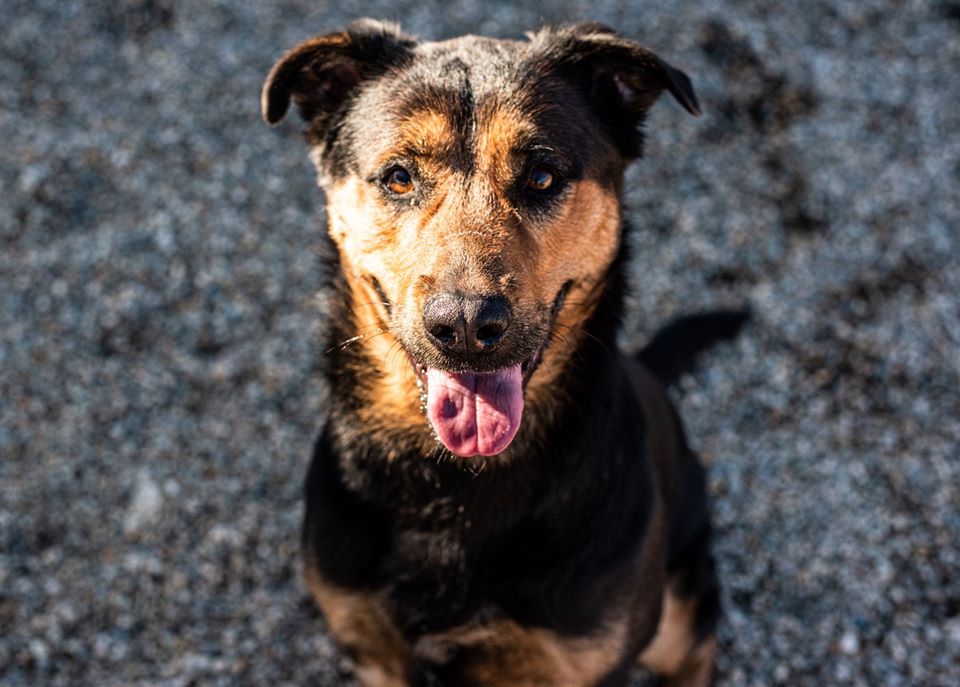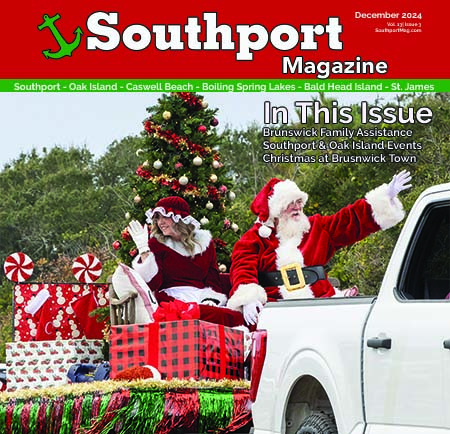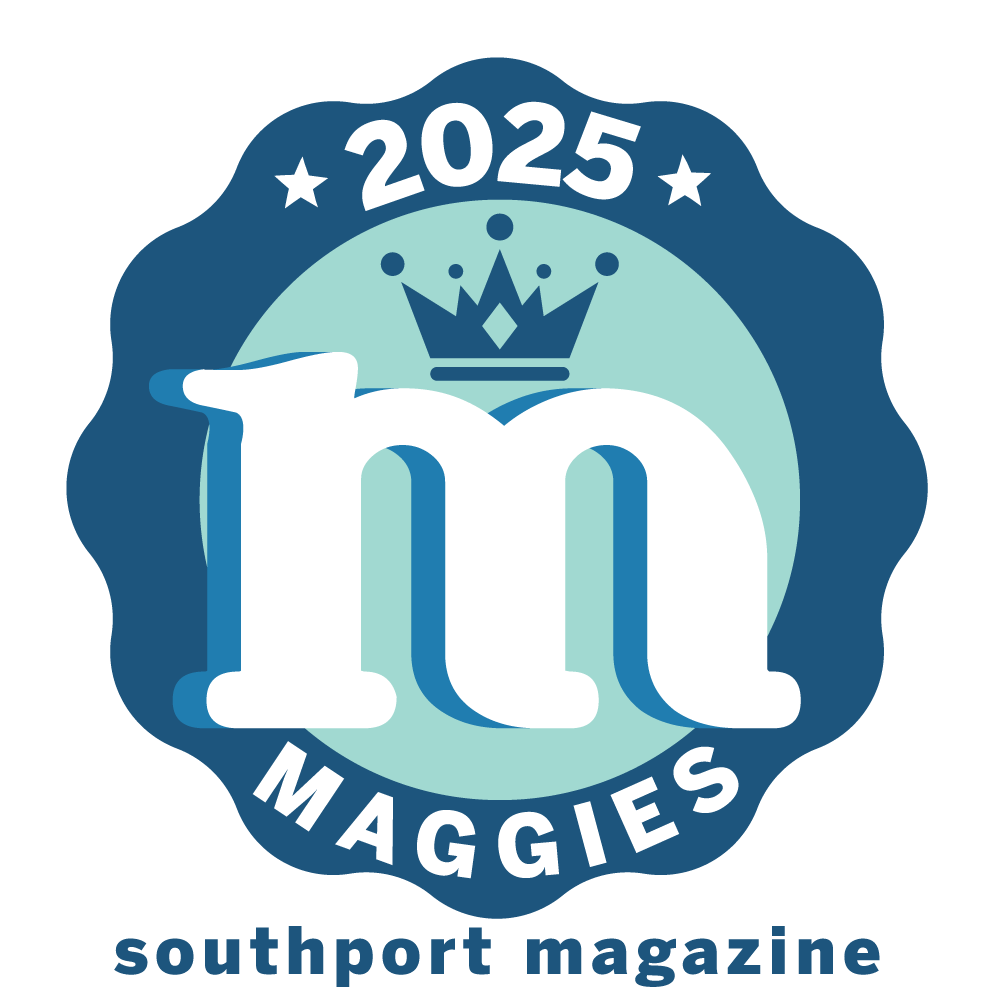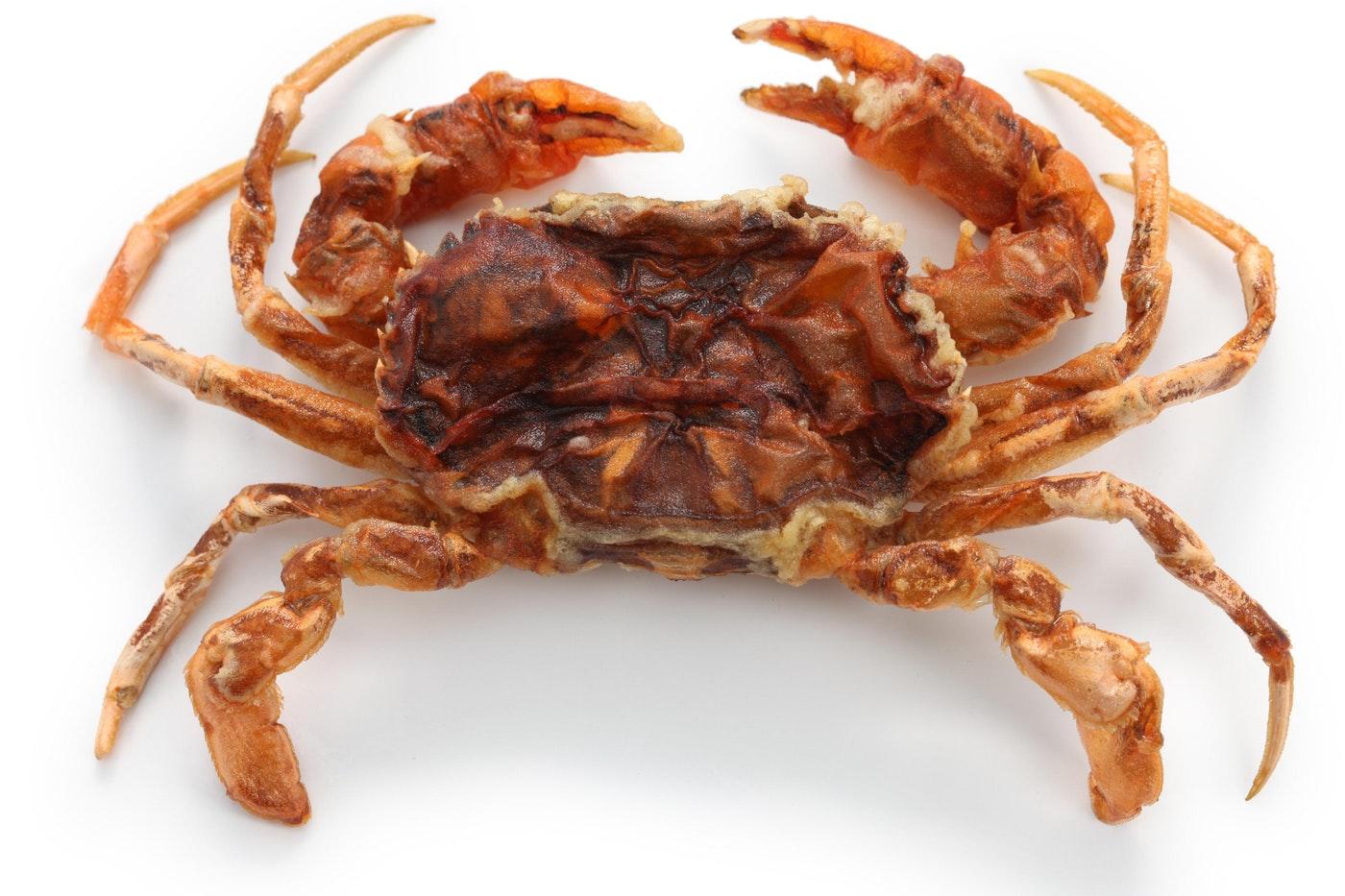Pets Have Rights Too

Local organizations give animals a voice
Story By Kass Fincher
If you’re like me, you find it hard to watch the commercials for the ASPCA; there are so many precious fur babies shown, all of whom need love, homes and donations to support this organization’s work. Their pleading eyes tug at our heartstrings, and many of us open our pocketbooks to help them.
This organization – the American Society for the Prevention of Cruelty to Animals (ASPCA) – was founded in 1866 as the first animal welfare organization in our country. The focus back then was on the mistreatment of horses, not dogs and cats. Over time, the concept of animal control and shelters for homeless animals took hold, and municipalities began issuing dog licenses to help fund the programs.
In addition to the publicly-funded municipal or county shelters, there has been considerable growth in private shelters and rescue groups and sanctuaries. The private shelters are usually non-profit corporations, with limited admission or no-kill policies. They rely on private donations for funding and focus on adoption and neutering services, as well as humane education, animal behavior programs and community outreach.
The rescue groups are often specific to a particular breed, and they work with larger shelters to find homes for their animals. The sanctuaries are usually aimed at animals that cannot be adopted, and they often house those animals for life.
According to the website VeterinaryMedicineDVM360.com, the no-kill movement is a fairly recent development: “One of the most profound trends is the rise of the no-kill movement, which began in San Francisco in 1989 under the leadership of Richard Avanzino. The San Francisco SPCA relinquished its contract for animal control to instead work with the San Francisco municipal animal control agency to end the euthanasia of adoptable animals. This action had a far-reaching impact on the entire animal welfare movement.”
Two of those no-kill shelters in our community are Paws Place and the Southport-Oak Island Animal Rescue, otherwise known as S.O.A.R.
Paws Place was founded in 1999 by Nancy Janovetz as a non-profit, no-kill animal shelter dedicated to the rescue, rehabilitation and adoption of dogs in the Wilmington area. The facility moved from Boiling Spring Lakes to their new facility on George II Hwy in 2017. The organization has a specific seven-step process for adoption which seeks to provide the best outcome for the dog and its potential owner. The shelter can house 31 dogs on the premises; they place over 150 dogs in homes every year. Because the Brunswick and New Hanover county shelters are doing a good job of placing their animals, Paws Place often reaches out to other county shelters like Bladen and Pender to pull dogs. Interestingly, they try to select dogs that have been at those shelters longer, or that have special needs that might cause them to be overlooked for adoption, or even euthanized. Many of the dogs come to Paws Place in poor shape; the organization relies completely on donations to help these dogs get the treatment they need and heal in every way. To find out more about adopting, volunteering or donating to Paws Place, go to www.pawsplace.org.
S.O.A.R was founded by Jeannine Friday Bicknell in 1992 as a non-profit, no-kill animal rescue for dogs and cats. There are kennels for up to 14 dogs, a large fenced-in run and training area where the dogs can play without being leashed. a cattery with open rooms as well as cat kennels and two houses for cats living with FeLV (feline leukemia virus) and FIV (feline immnunodeficiency virus). Most of the animals come from the Brunswick County Animal Services shelter; estimates are that 60-70 animals are adopted each year. Over 30 volunteers help feed, walk and socialize the animals, as well as help in transporting and participating at special events. Besides providing animals for adoption, the organization includes in its mission the need to raise public awareness about animal rescue and to educate pet owners about the importance of spaying and neutering and proper pet care. To learn more about adopting, volunteering or donating to S.O.A.R., go to www.soar-nc.org.
In addition to these dog and cat shelters, our community is fortunate to have a place for injured birds to receive treatment and have an opportunity to return to the wild. Sea Biscuit Wildlife Shelter is a non-profit wild bird rehabilitation organization, founded in 2007 to provide medical treatment for wild birds that are injured, sick, or orphaned. When founder Mary Ellen Rogers moved to Oak Island and realized there was no facility to care for these birds, she converted her beach house to that use. Her previous work at the Center for Birds of Prey in South Carolina and the Outer Banks Wildlife Center gave her the experience to pursue her goals.
To date this year, almost 500 birds have passed through Sea Biscuit’s facility. There are generally 20 birds in rehab at a time – mostly pelicans, gulls and raptors like owls and hawks. Many have been terribly injured; some have to be euthanized but about 40% are treated and released back into the wild where they were found. The organization also identifies community education as part of their mission; they have “education birds” who participate in public events to help the community learn more about them. Like the other rescue organizations, Sea Biscuit relies on volunteers and donations to operate and fund their efforts. To learn more, go to www.seabiscuitwildlifeshelter.org.
We are so fortunate to have these and other rescue organizations in our region who are dedicated to helping animals in need. The people who found, run and volunteer with these groups are truly heroes for their commitment. We need to open our hearts and pocketbooks to support their efforts.











Leave a Reply